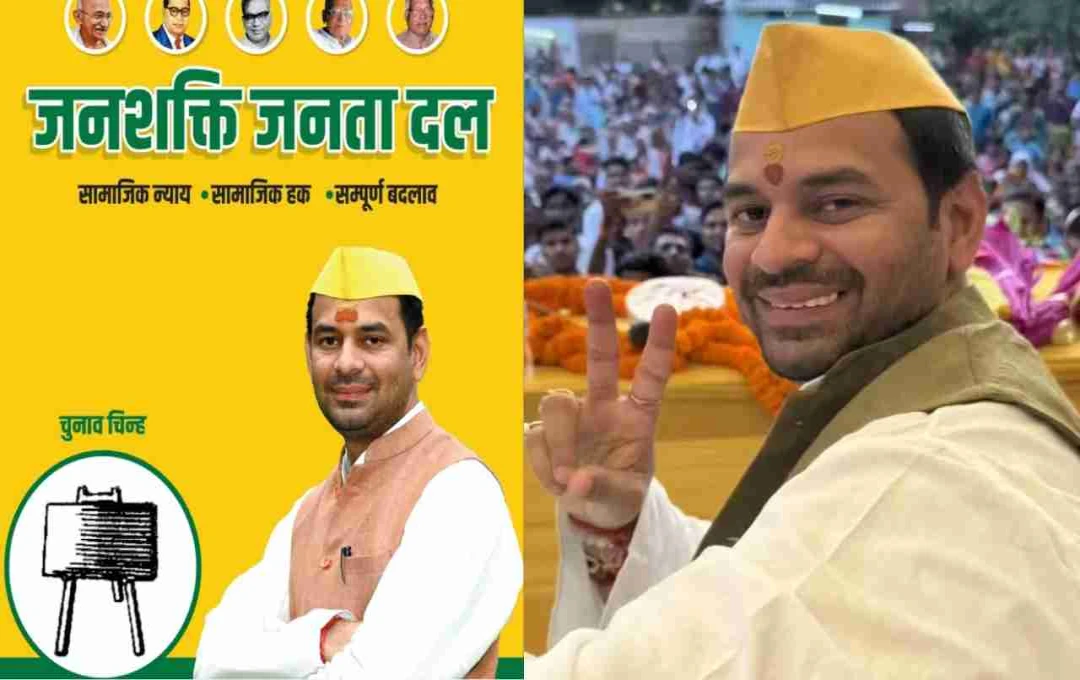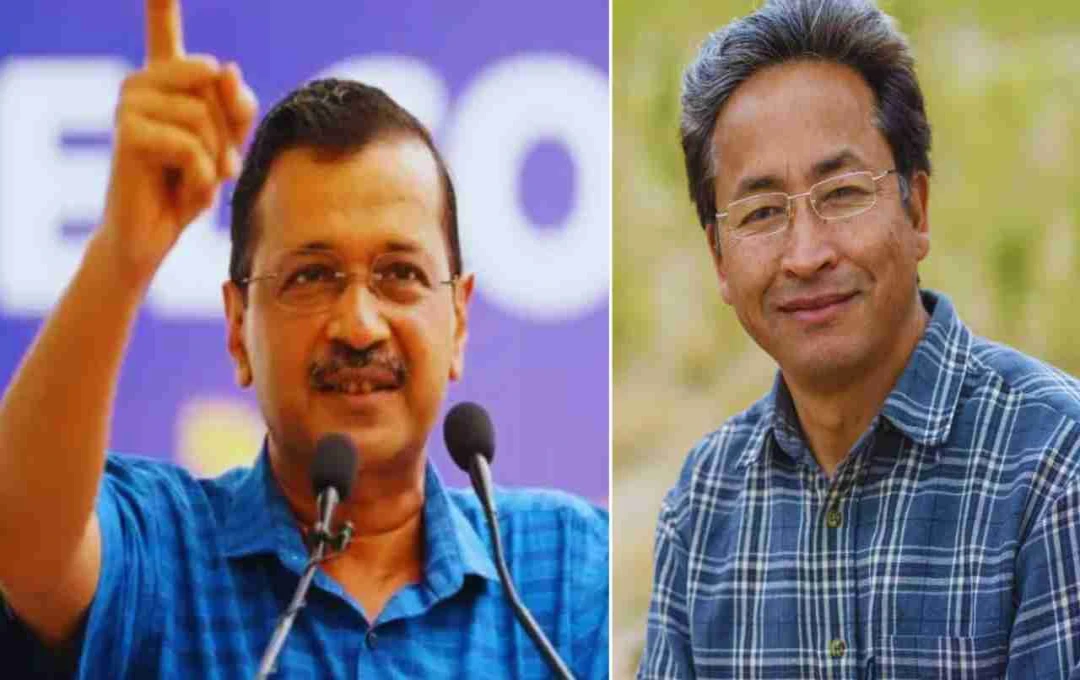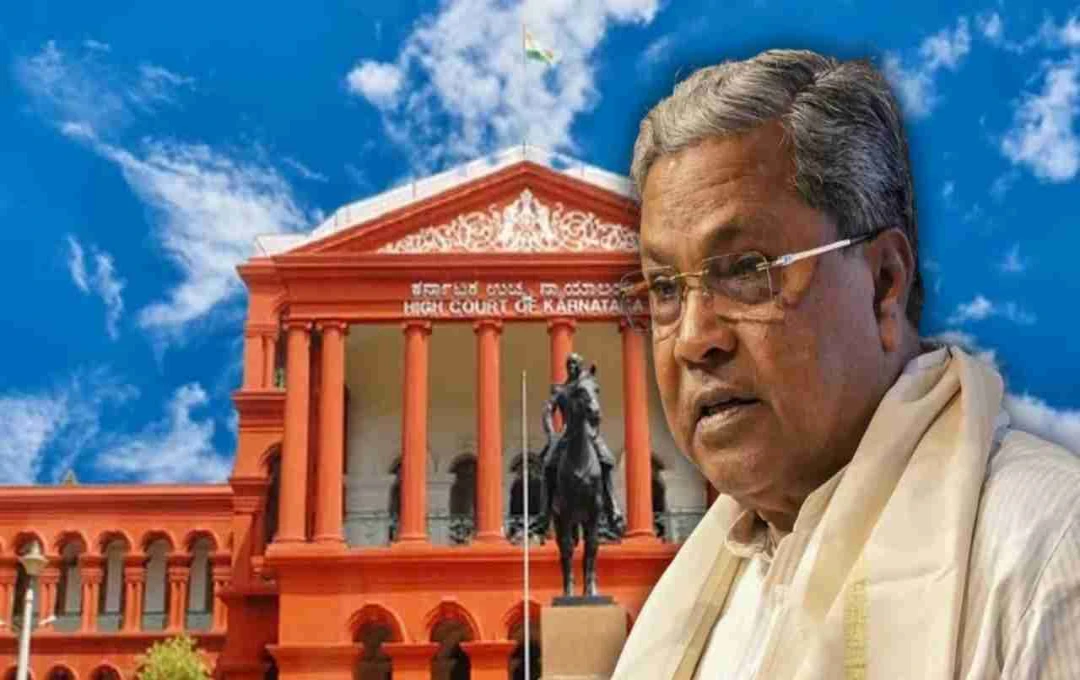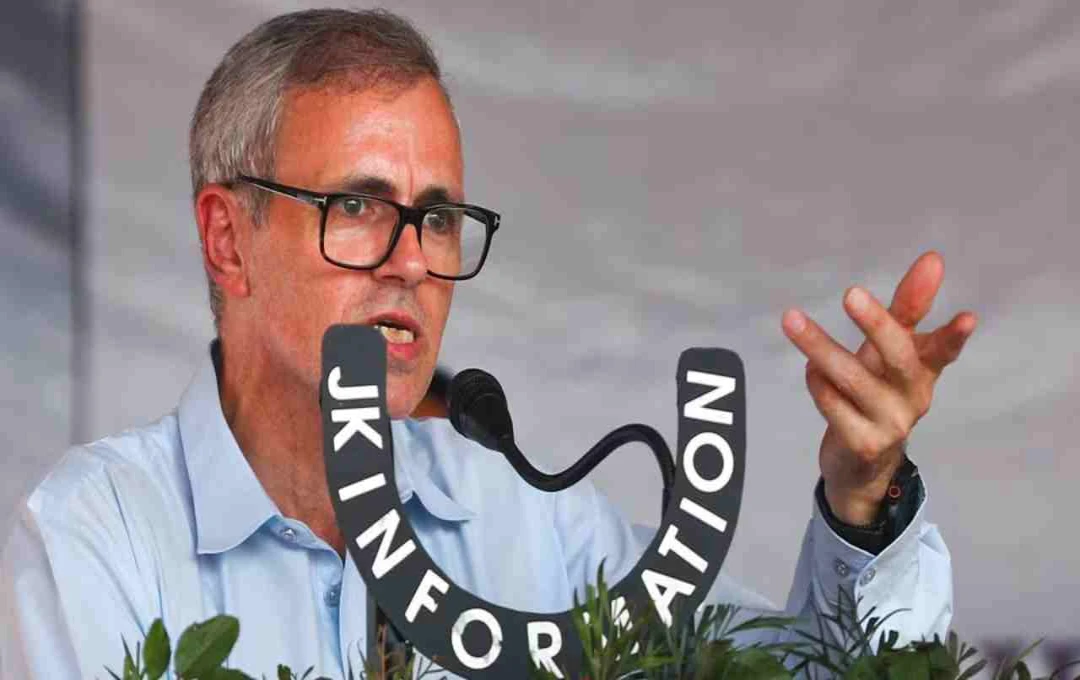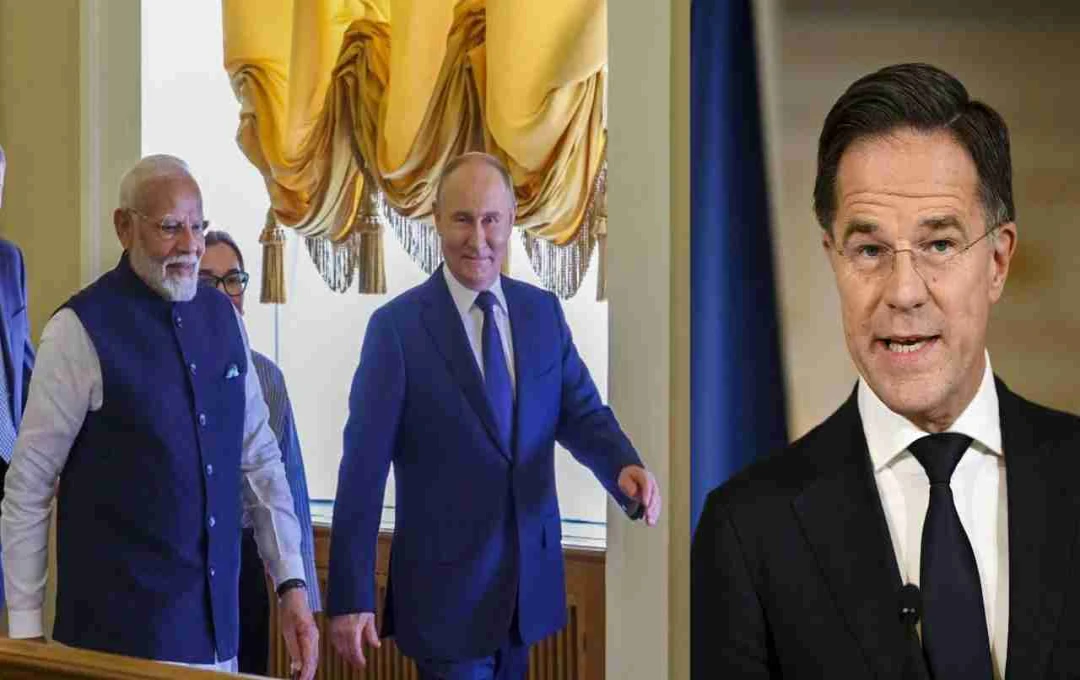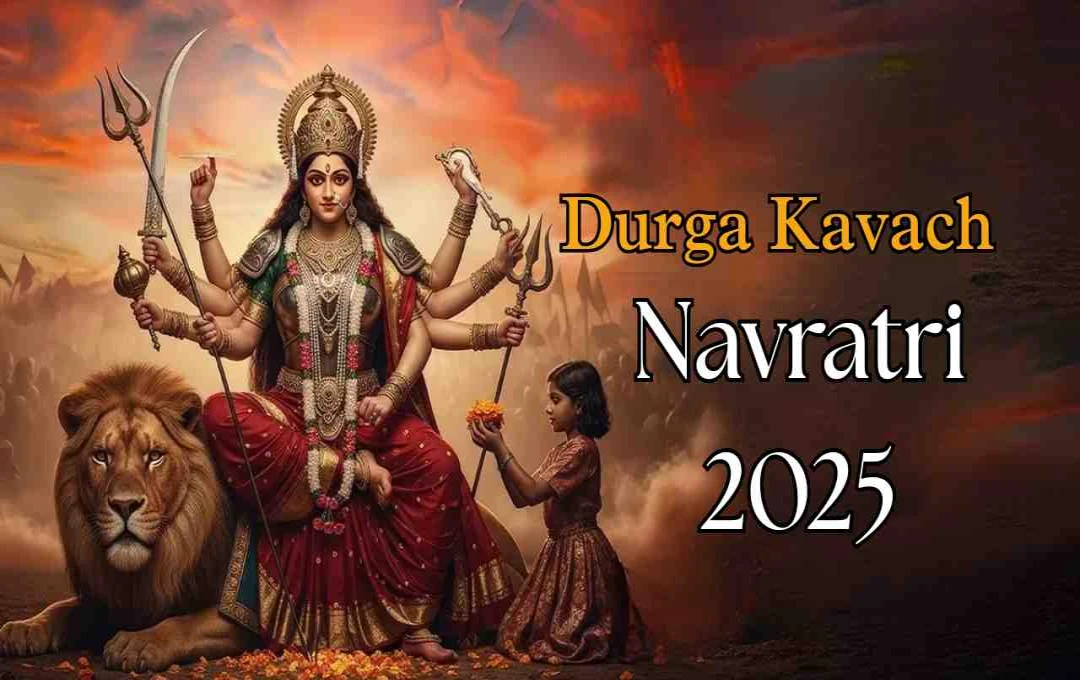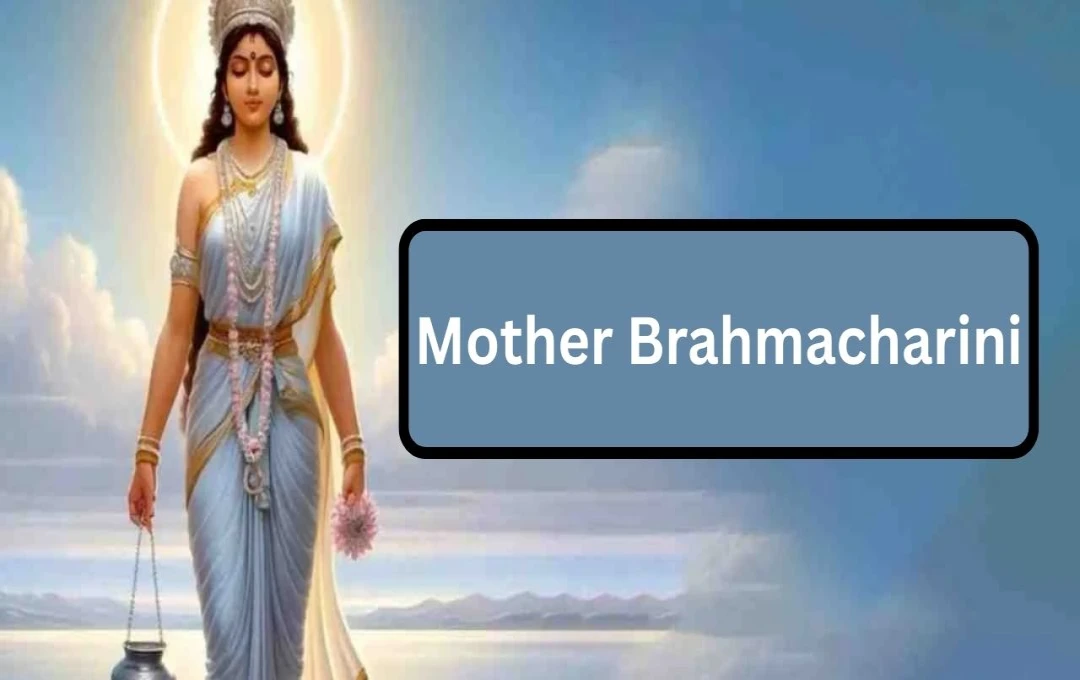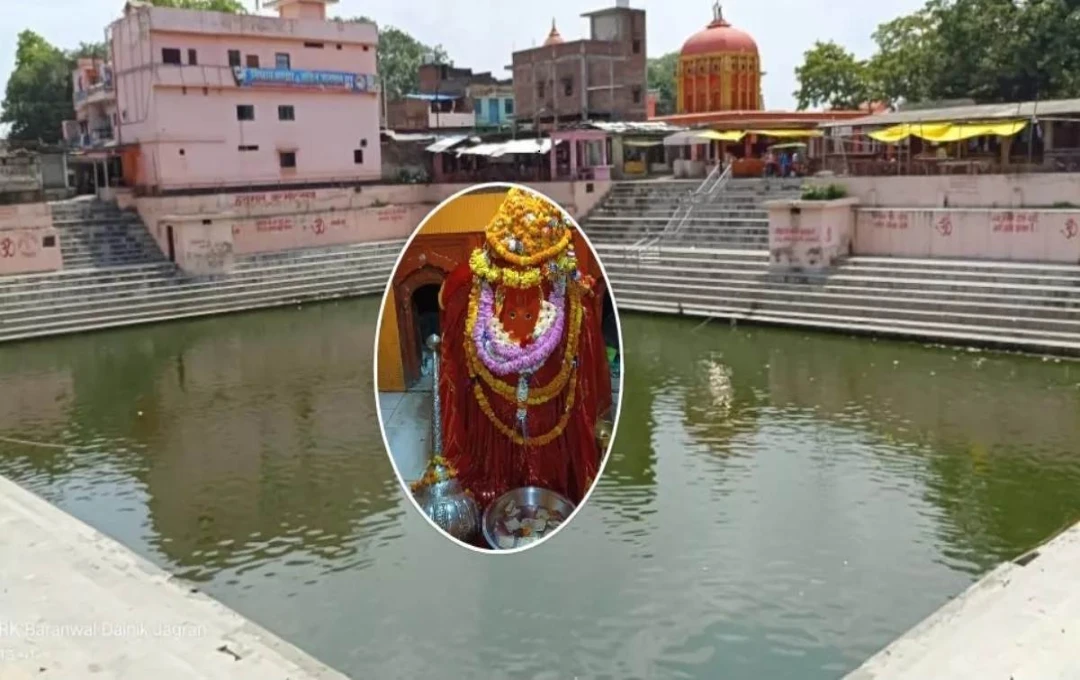Tej Pratap Yadav has formed a new party, 'Janshakti Janata Dal', for the Bihar Assembly elections. The party's election symbol is a blackboard. The main objective is to bring about improvements in the fields of education, health, employment, and social justice in Bihar.
Bihar: Tej Pratap Yadav, former leader of Rashtriya Janata Dal (RJD) and elder son of Lalu Prasad Yadav, has formed his new party to participate in the Bihar Assembly elections. This new party has been named Janshakti Janata Dal. The party's election symbol chosen is a blackboard, which symbolically represents the party's identity and message.
Prominent Personalities Featured in New Poster
Tej Pratap Yadav shared the party's new poster on his official X handle. This poster also includes photographs of five prominent personalities. These images highlight the party's vision and its new political message in Bihar. Through the poster, Tej Pratap Yadav has made it clear that his party is committed to Bihar's development and social change.
Commitment to the Comprehensive Development of Bihar
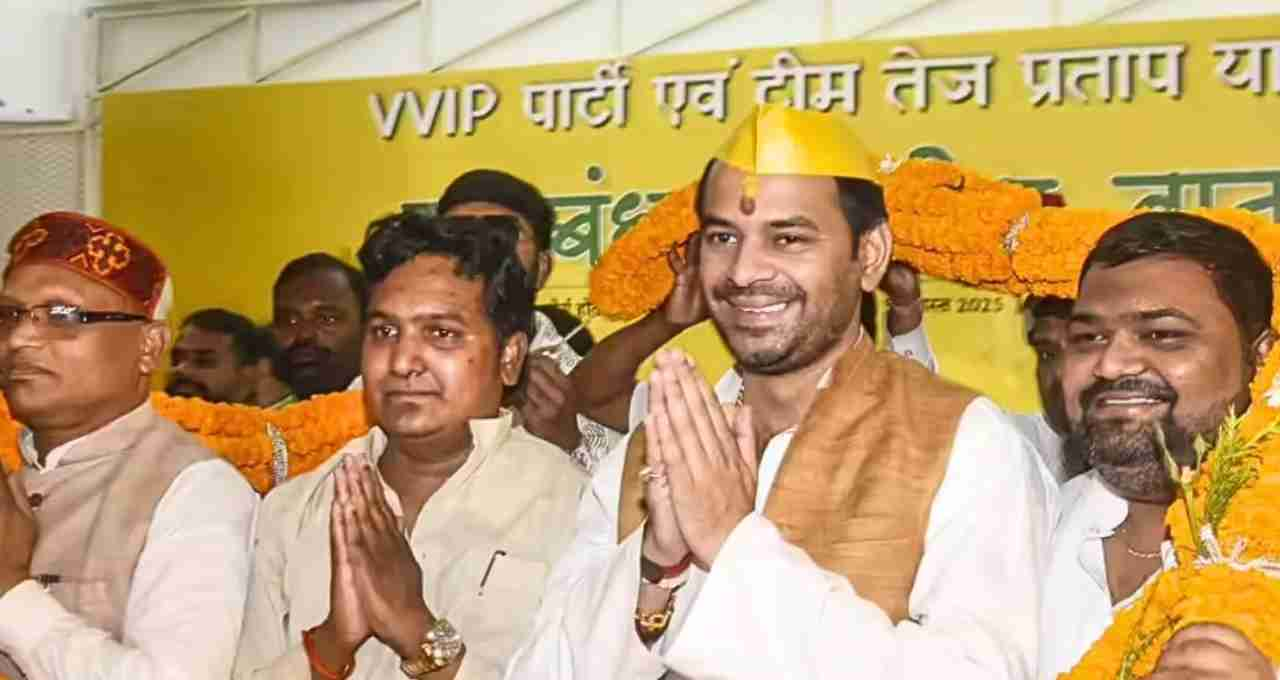
Along with his poster, Tej Pratap wrote, "We are fully dedicated and prepared for the comprehensive development of Bihar. Our aim is to bring about complete change in Bihar and build a new system. We are ready to fight a long battle for the overall development of Bihar." This statement clearly indicates that the party's main focus is on improving the fields of education, health, employment, and social justice in Bihar.
The Party's Political Outlook
The political outlook of Janshakti Janata Dal is based on a new system and transparency in Bihar. Tej Pratap Yadav has clarified that his party's objective is not merely to win elections but to bring about long-term reforms in the state. The party's message is that people's rights, justice, and prosperity will be prioritized.
Through his new party, Tej Pratap Yadav has adopted a new strategy for the Bihar Assembly elections. The blackboard election symbol is considered a symbol of education and social reform. The party believes that it is equally important not just to campaign during elections, but also to engage with the public, understand their issues, and provide solutions.
